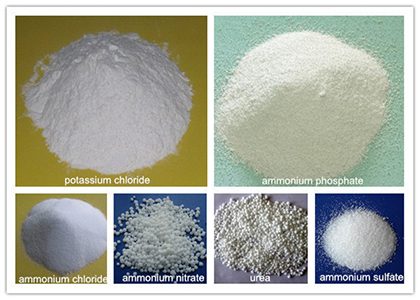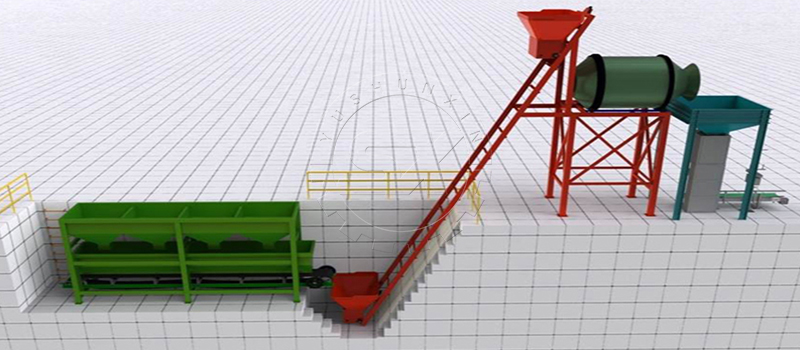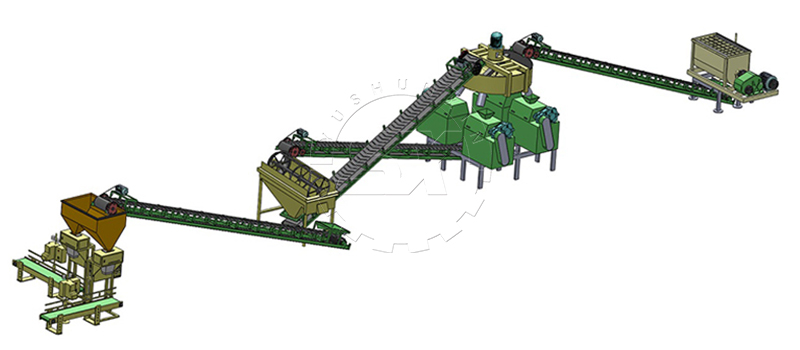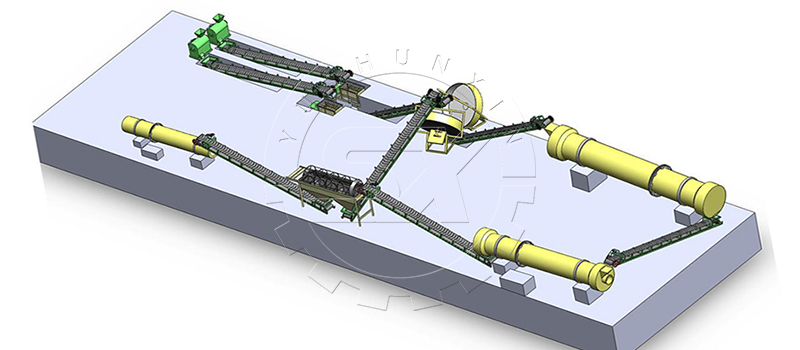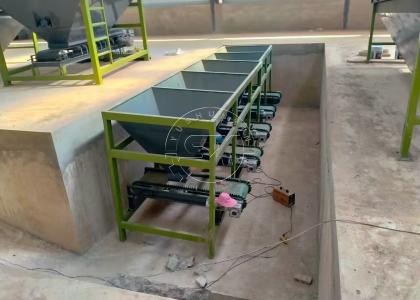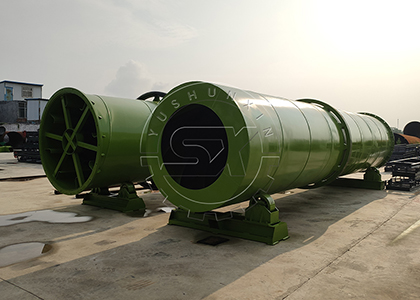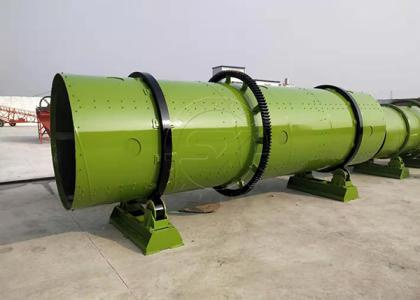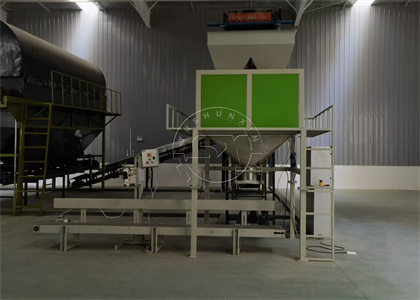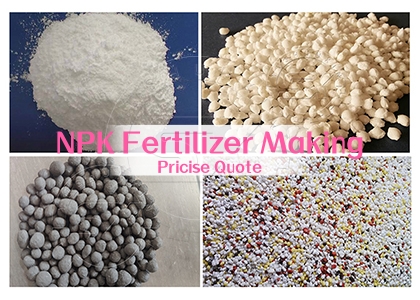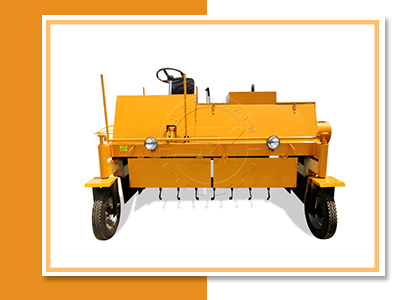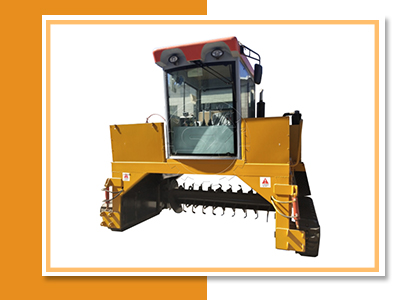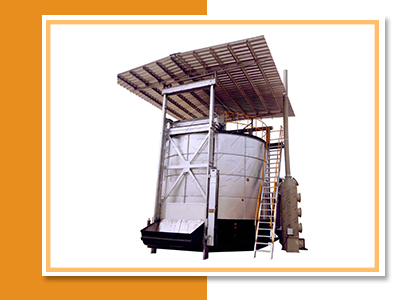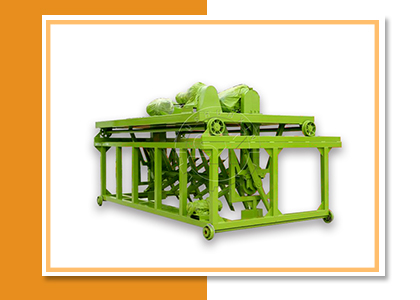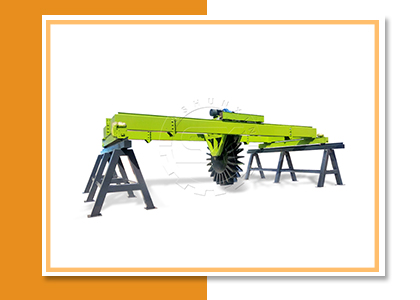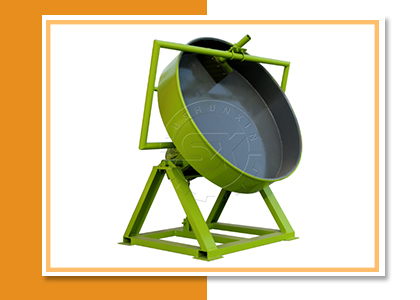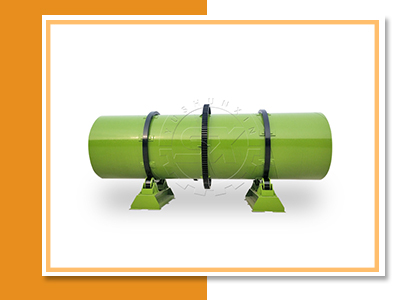If you can find stable single chemical fertilizer materials, investing in NPK fertilizer plant setup is an ideal choice to make profits. Because this kind of fertilizer is necessary for greatly improving the output of crops.The process for NPK fertilizers production typically involves nitrogen, phosphorus, and potassium elements. In addition, according to your local actual conditions, you also can add materials, which contain sulfur, magnesium, and calcium elements.
The commonly used materials in NPK fertilizer making
Urea, ammonium chloride, ammonium sulfate, ammonium nitrate and calcium nitrate, etc
Monoammonium phosphate (MAP), diammonium phosphate (DAP), triple superphosphate (TSP) and superphosphate (SSP), etc
How To Make NPK Fertilizer You Need?
How to Manufacture 15-15-15 NPK Fertilizers?
The first step in the process is to prepare the ingredients required for the fertilizer. This involves sourcing the raw materials such as urea, diammonium phosphate (DAP), and potassium chloride.
After the raw materials have been prepared, they are mixed together in the right proportion to achieve the desired NPK 15-15-15 ratio. The mixing process can be done in a large mixer or blending machine.
The final step in the process is packaging the granular fertilizer into bags or other containers for storage and transport.
Can we make 20-10-10 NPK fertilizer from chemical pellets materials?
Is there a simpler NPK fertilizer making system? Of course. For example, when make NPK 20 10 10 fertilizer, you can choose our fertilizer blending line, which is known as bulk blending fertilizer production system. It uses single chemical fertilizer pellets as material and can finish the 20 10 10 NPK fertilizer with in 3 steps. Batching, mixing and packaging.
How to setup a small or large NPK fertilizer plant?
1-3 t/h economical NPK fertilizer plant setup
For those who want to set up a 1-3 t/h NPK fertilizer pellet making plant to start a small scale compound fertilizer with low investment, we recommend you choose our double roller granulation line. It adopt dry granulation method to turn powdery chemical materials into NPK pellets. So there is nearly no water involved and you can reduce the cost of drying and cooling machines. This means you can prepare NPK fertilizer easier and more quickly.
100-200 ton/day NPK fertilizer pellets making system for sale
In general, it it advisable to make NPK fertilizer equipment run 2 shift a day and 10 hours a shift at most. So if you want to prepare 100-200 tons of NPK pellets a day, you need to establish a 5-10 t/h NPK granulation line. For this, our double disc granulator line is an ideal choice. It can fully meet you requirement of 1-12 t/h NPK granule output. Moreover, with professional water spray device, it can control fertilizer granulation moisture easily and prepare better chemical fertilizer particles.
NPK fertilizer plant machinery design for the 15-30 t/h capacity
When you plan to set up a 15-30 t/h large scale NPK fertilizer pellet making plant, we recommend you buy our compound fertilizer granulation line with SXZGZ-3210 rotary drum granulator. It can fully meet you requirements of producing 15-30 tons of NPK pellets per hour. In addition, it is design with rubber lining, which makes it can withstand the erosion of large scale chemical materials processing.
What Other equipment is needed in NPK fertilizer manufacturing?
Multi-bin Dynamic Batching Machine for Automatic Batching
Are you worried about what to do if there is too much or too little of a certain element in the process of making NPK fertilizer? As for this condition, we design dynamic batching machine fro you. It is suitable for continuous batching in commercial organic or NPK fertilizer plant. You can customized the bins of the batching machine. There is a belt conveyor under each bin to ensure the continuous batching of materials. How does the automatic batching machine accurately control the amount of materials? The automatic batching system adopts weight controller and sensor. It can batch and control the materials accurately.
NPK Fertilizer Horizontal Mixer
Besides the batching machine, the choosing of the mixer is an important factor determining the quality of the NPK fertilizer. Only the material mix evenly, the every finished NPK pellet has balanced nutrients. We highly recommend our horizontal mixer for your NPK fertilizer production. When the horizontal mixer working, the material in the machine is operated by two opposing rotors to turn around. You can finish the production of NPK mixture quickly.
NPK Fertilizers Granules Drying and Cooling Machines
The rotary drum dryer and cooler are the key equipment in the production NPK fertilizer. The dryer is using to remove the extra moisture and the cooler is to cut down the temperature for bagging. After granulating, the moisture of the granules is about 30%, using the dryer can decrease to 13%. So it can be reserved the granules for longer time. We designed different capacity dryer and cooler for your choice. From 1 t/h to 20 t/h, can satisfy your requirements.
NPK Rotary Coating Machine
How to prevent the NPK fertilizer granules lump in together again after a long time storage? Using our NPK rotary coating machine. It will coat your NPK fertilizer granulators with a layer of special materials which can isolate moisture in the air and prevent pellets from sticking together.
NPK Fertilizer Bagging Machine
In order to remain the speed of the whole NPK compound fertilizer production line, it is necessary to buy an auto NPK fertilizer bagging machine. It can help you pack finished NPK pellets into 10 kg/bag, 25 kg/bag, 50 kg/bag, etc according to your needs. Then you can sell and transport them to different customers easier.
What is the quotation of a NPK Fertilizer Production Line
Things You Should to Consider Before Starting Your NPK Fertilizer Plant
Before starting any business, it is important to conduct market research to determine the demand for your product, as well as the potential competition you may face.
Starting a fertilizer factory can require significant upfront investment. You will need to secure funding from investors, loans, or other sources to cover the cost of land, equipment, raw materials, labor, and other expenses.
Choose a location for your factory that is easily accessible to raw materials, labor, and transportation. You may also need to obtain necessary permits and licenses for your factory.
Purchase or lease the necessary equipment for your factory, including mixers, grinders, and packaging machines.
Purchase high-quality raw materials for your fertilizer, including nitrogen, phosphorus, and potassium compounds.
Mix the raw materials in the appropriate ratios to create your NPK-12-24-12 fertilizer. Use specialized equipment to ensure the ingredients are evenly distributed.
Package your fertilizer in bags or other containers and label them according to regulatory requirements. After packing, you can sale them to local farmer or gardern owner.
Regularly test your fertilizer for quality and consistency. Make adjustments as needed to maintain the desired NPK ratio and other product characteristics.
Follow all safety regulations and take measures to protect your employees and the environment. Dispose of waste properly and minimize environmental impact.
Develop a marketing strategy to promote your fertilizer to potential customers, such as farmers, landscapers, and retailers. Distribute your fertilizer through various channels, such as direct sales, distribution partners, and online platforms.

